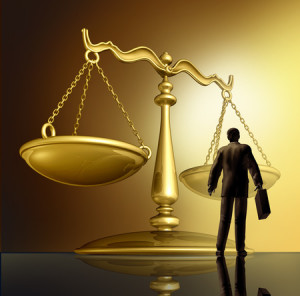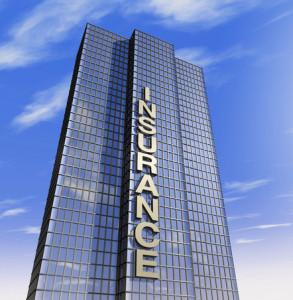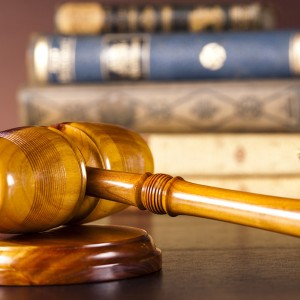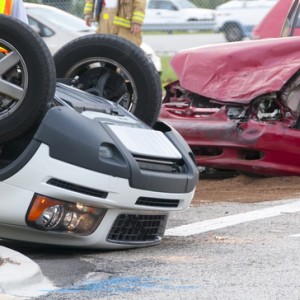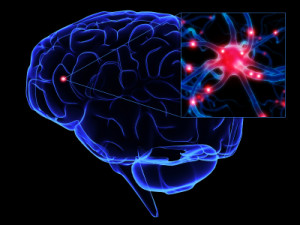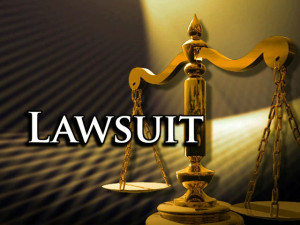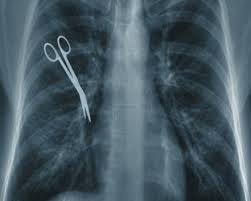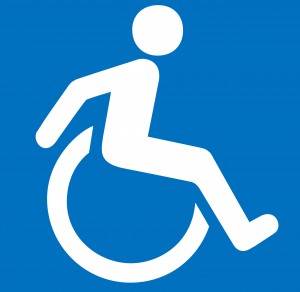If you were injured in a car accident in South Florida, then you need a lawyer. But what kind of lawyer should you get? In personal injury, there are basically three types of lawyers: claim attorneys, litigators, and trial lawyers.
Claim attorneys can handle your case up to settlement or the filing of a lawsuit. They refer unsettled cases to litigators or trial attorneys. Litigators file lawsuits and work to settle cases but do not go to trial. They will refer the case to a trial attorney if they cannot settle a case. Trial attorneys represent you before a jury and, hopefully, achieve the best result possible.
Generally, claim attorneys do not litigate and litigators don’t try cases. On the other hand, trial lawyers will handle your case from the beginning through settlement or trial. Generally, the referral of a personal injury case does not change or increase the amount of the attorney’s fee in accordance with the Florida Bar Rules of Professional Conduct.
 Miami Personal Injury Attorney Blog
Miami Personal Injury Attorney Blog


